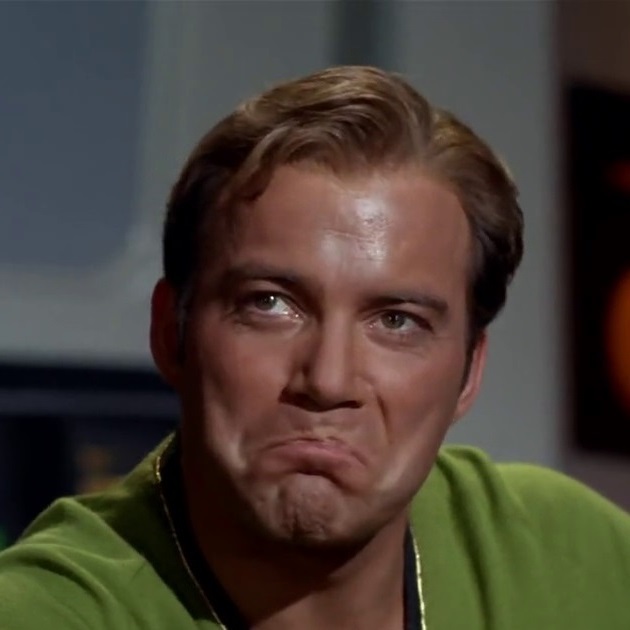The layout was fubar so I had to create paragraphs, fix capitalization problems, etc.
Years ago, before verified accounts were a thing, back when I was on Eastenders, I was contacted multiple times by parents of children who had been "conversing" with me online. 11-15 year old children that had been talking with a fake me. I was informed one of these children went missing.
I didn't have social media at the time, I didn't understand it. It's a horror show, for years people pushed for some way, to root out the fakes. There was a phase, if you remember, of people posting images of themselves with their URL. I did that on every site I could find, Facebook, myspace, Bebo, anything. I felt powerless to stop people using my name and face to scam or groom people. That's why verification came to be. Because it was important to protect people.
It wasn't for clout, or for leveraging money from a platform. It was to protect people from utter scumbags. I think that perhaps, in this age of social media, there are some CEO's who may have forgotten the importance of protecting people, of having trustworthy sources. I don't tweet much, I am scared of the internet, I struggle with a lot of things in life. But this account exists so that fake accounts can't.
If @elonmusk removes that simple ability to protect people, to protect children with verification then this company is dead in the water. I don't know if it's been expressed to him, I doubt he will see this thread. But I hope someone is explaining to @elonmusk the actual dangers to children and the vulnerable and why removing that protection, is an action that will lead directly to a child being endangered.
Verification is a public service, it is a good deed performed by companies who contribute very little good to the world in my opinion. We should be making easier clearer paths to verification for everyone, not making it harder. It is their responsibility, not a business model.


Yeah the origin of the "verified" marks on various sites and services is probably somewhat obscured nowadays, and it was actually generally well-received when verified accounts became a thing due to the prevalence of, mostly, scams. The dilution of its value happened long before :melon-musk: from what I can gather. I forget the first website I saw doing it, I know it wasn't the bird site because I've only ever gotten linked there and never participated.
Maybe it already does something like this, but if someone starts chatting with you and they have a similar name to a verified account, sites could say "
this user is unverified, and might be impersonating: <profile badge or something> (dismiss) (report)" - simple as that. Because as it stands, the absence of verification isn't an immediate red flag to the vast majority of people (who would already fall for some kind of celeb romance scam, or worse). Maybe if every other user had an "unverified" mark, it would stick in peoples' minds to look for it.There's still a pretty common trend of country musicians and shit being impersonated on Facebook etc and romance-scamming thousands from senior citizens. The chats are pretty wild, Kieth Urban (pretty sure that's one of them) telling :meemaw: that he needs them to wire 10K to get away from his wife so they can elope.